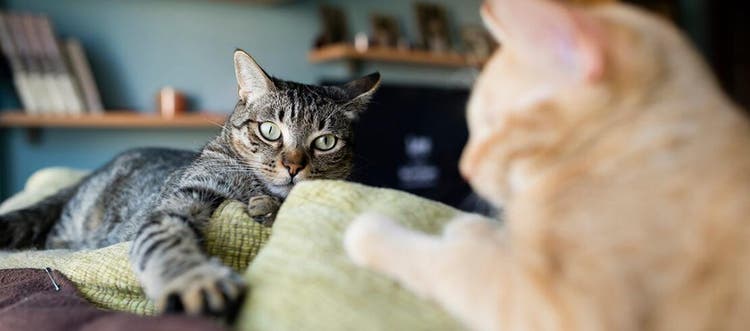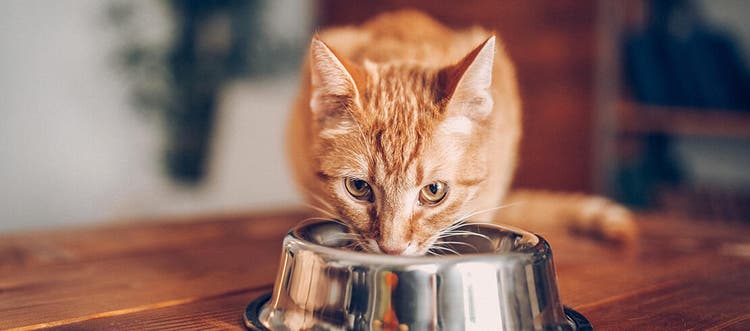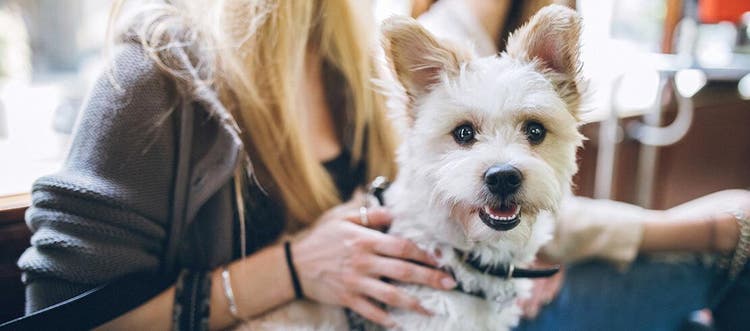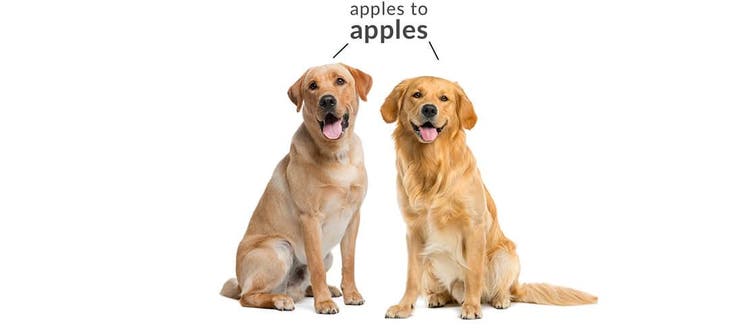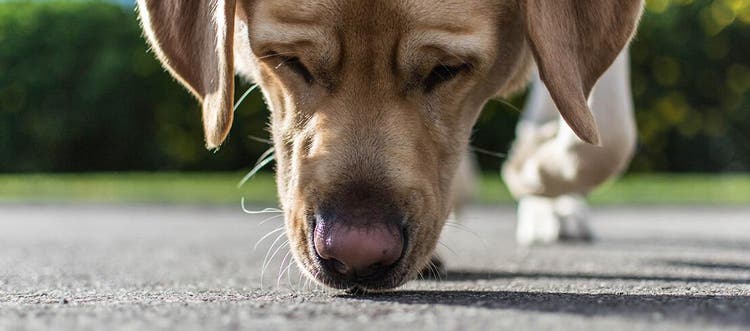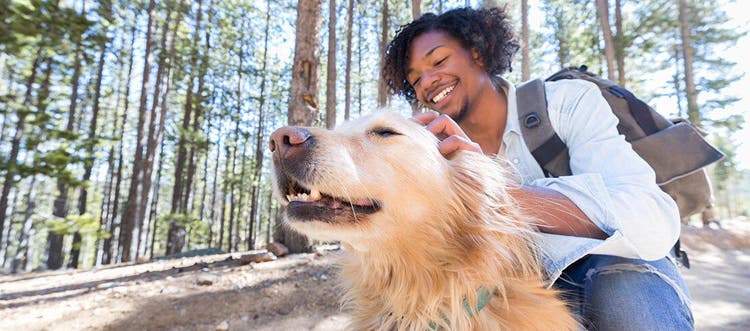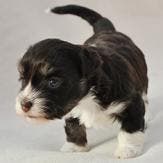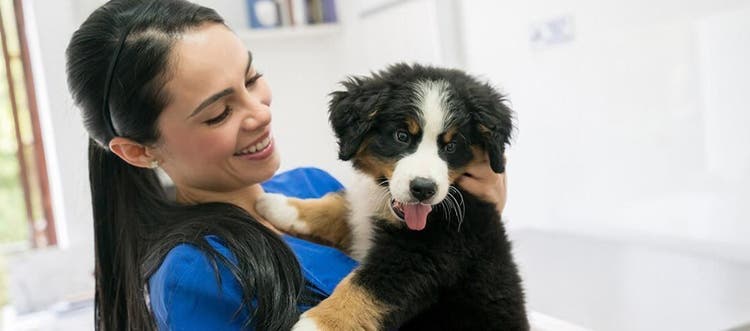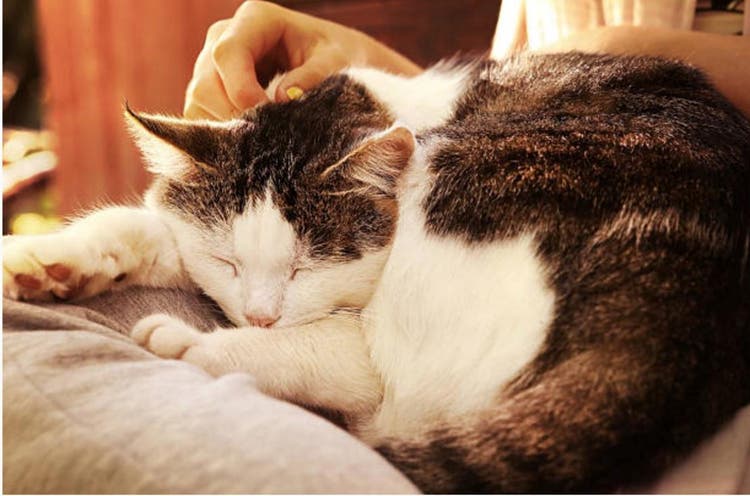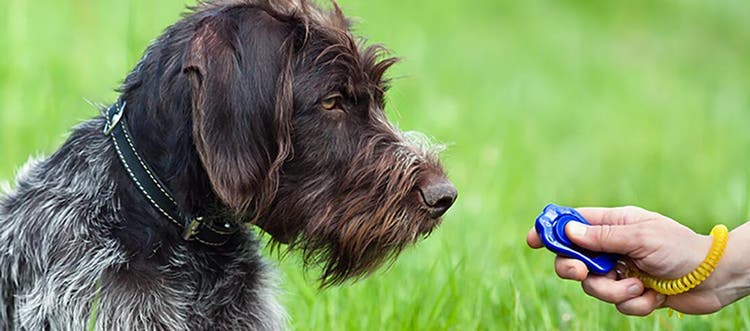As the COVID-19 pandemic continues, many pet owners are concerned about the health and safety of their beloved dogs and cats. One of the most pressing questions is whether pets can get infected with COVID-19, and if so, what this means for their health and yours.
Can dogs and cats get infected with COVID-19?
Research and case reports show that while dogs and cats can get infected with SARS-CoV-2, instances are rare and usually result from close contact with an infected human. As of May 2022, there have been no confirmed reports of COVID-19 in domestic animals or wildlife in Australia.
Symptoms of COVID-19 in Pets
If a pet does become infected with COVID-19, the symptoms can vary. Most pets experience mild symptoms or remain asymptomatic. Some common signs include:
- Coughing or sneezing
- Loss of appetite
- Lethargy or fatigue
- Difficulty breathing
It's important to note that these symptoms can also be indicative of other illnesses, so it's always best to consult your veterinarian if you're concerned about your pet's health.
Can pets transmit COVID-19 to humans?
Health authorities, including the World Organisation for Animal Health (OIE), maintain that pets are not a significant source of COVID-19 transmission to humans. While pets can contract the virus from humans, the likelihood of pets spreading it to humans is extremely low.
Key Recommendations for Pet Owners
To keep your pets and household safe, the following guidelines are recommended:
- Monitor pet health: Keep a close eye on your pets for any signs of illness, such as coughing, sneezing or lethargy. Contact your veterinarian if your dog or cat appears unwell.
- Practice good hygiene: Regularly wash your hands before and after handling your pets or their food and waste. Clean and disinfect frequently touched surfaces in your home.
- Minimise contact if infected: If you are suspected or confirmed to be infected with the COVID-19 virus you should minimise close direct contact with animals, including wildlife.
Practical Tips
- Avoid close contact with people who are sick
- Stay home when you are sick
- Cover nose and mouth when coughing
- Sneeze into a tissue or flexed elbow
More COVID-19 prevention tips and advice can be found from the Australian Veterinary Association.
